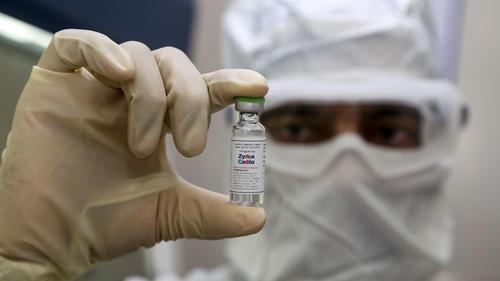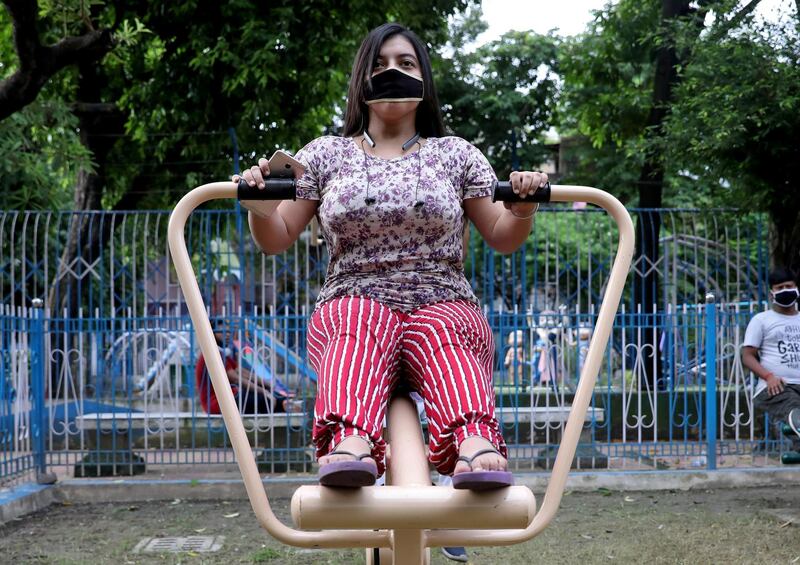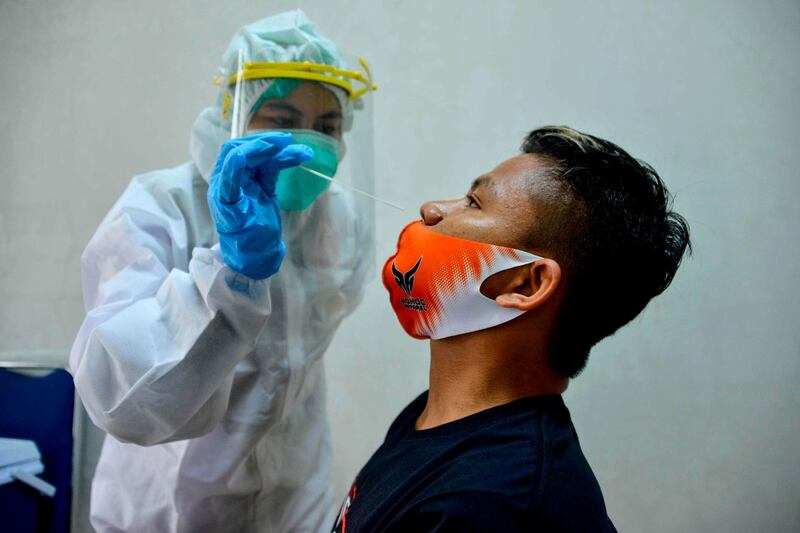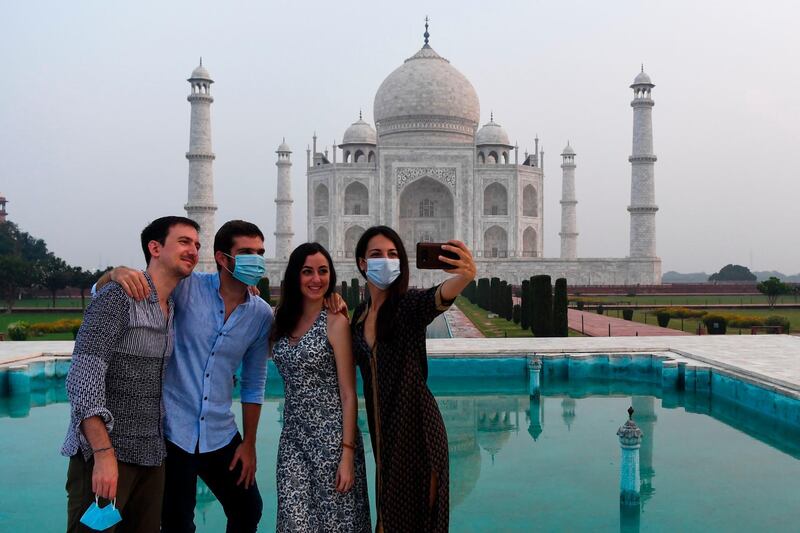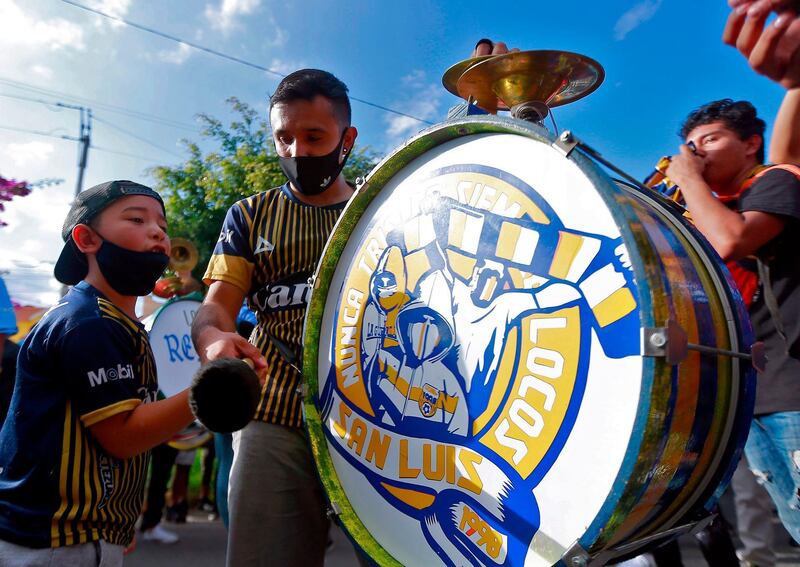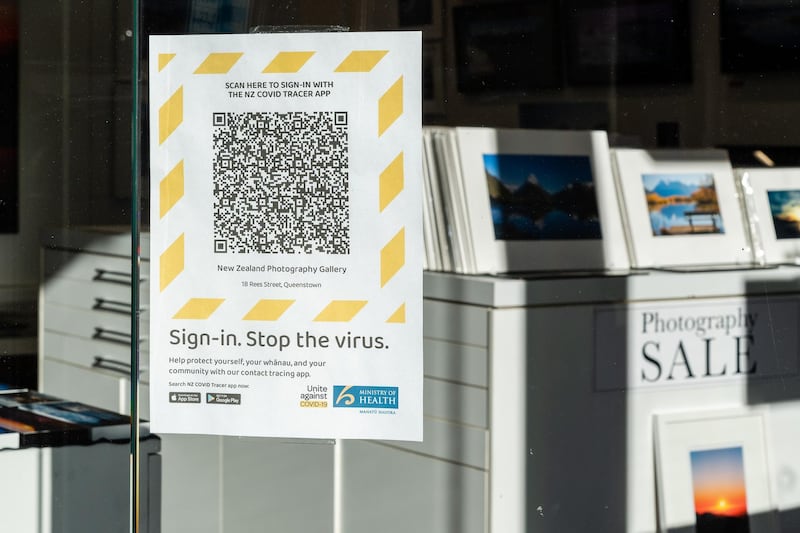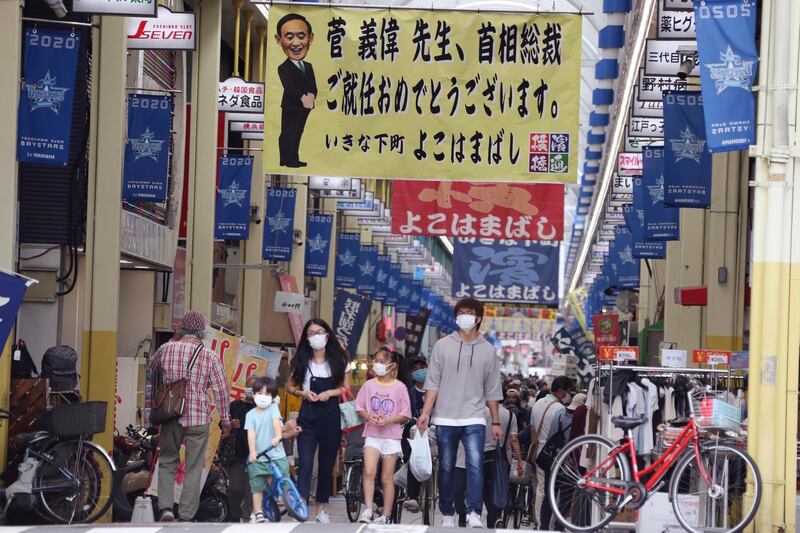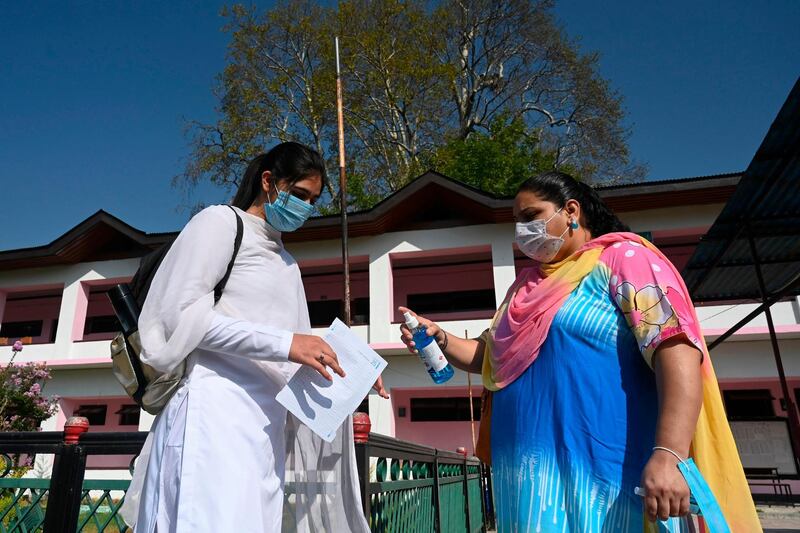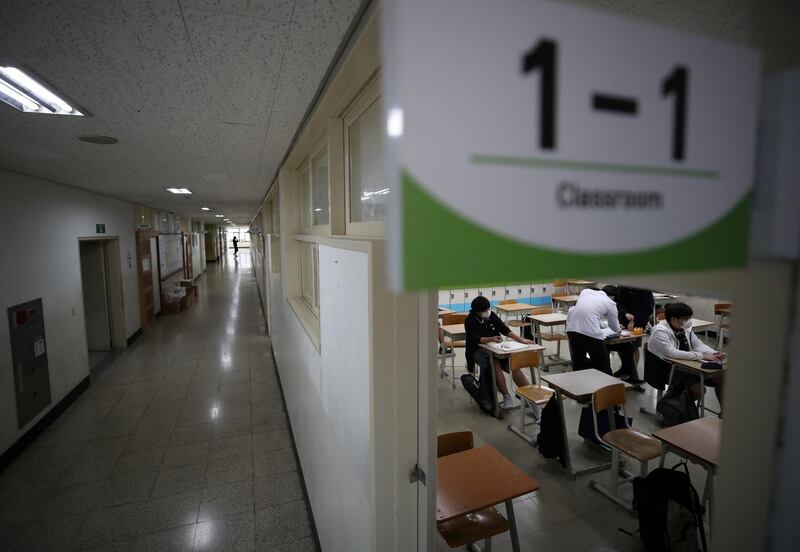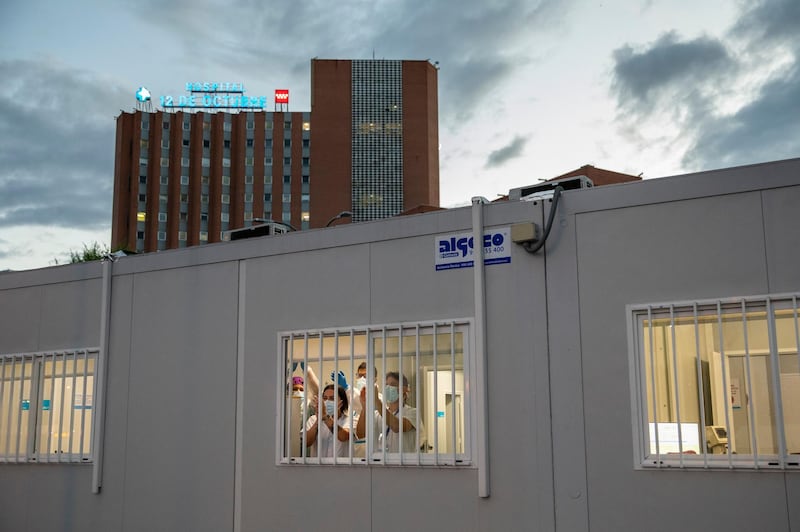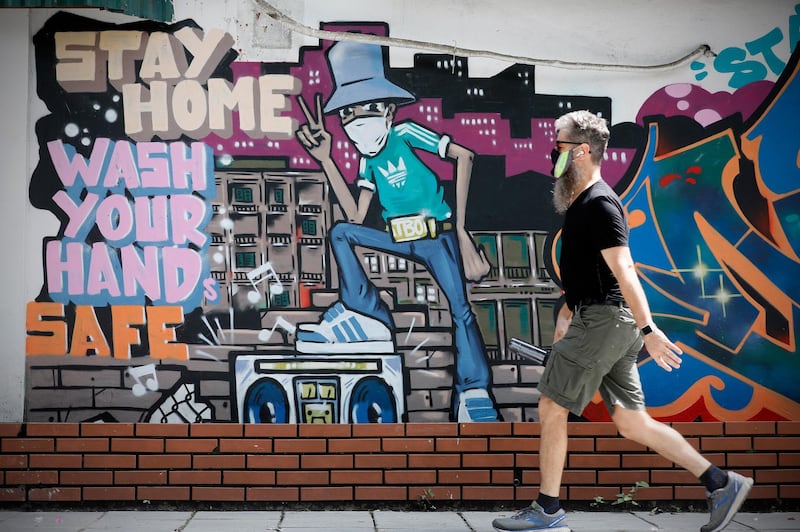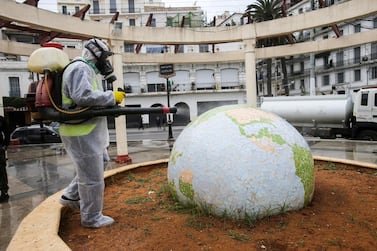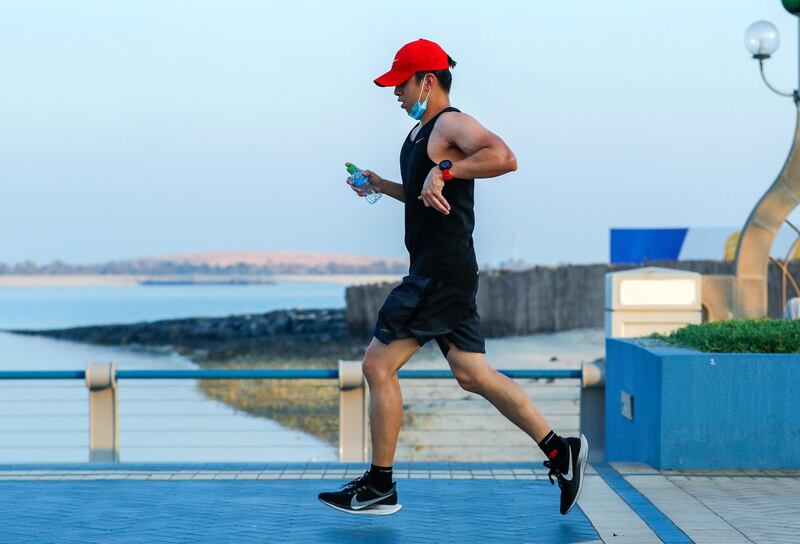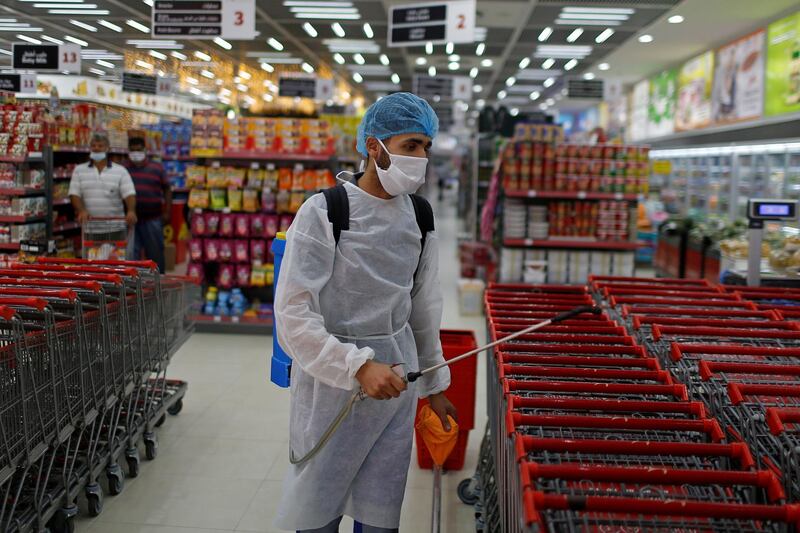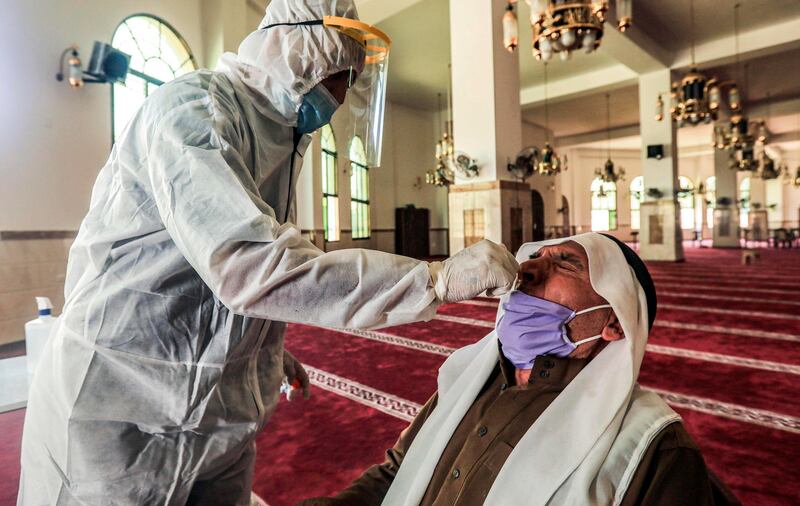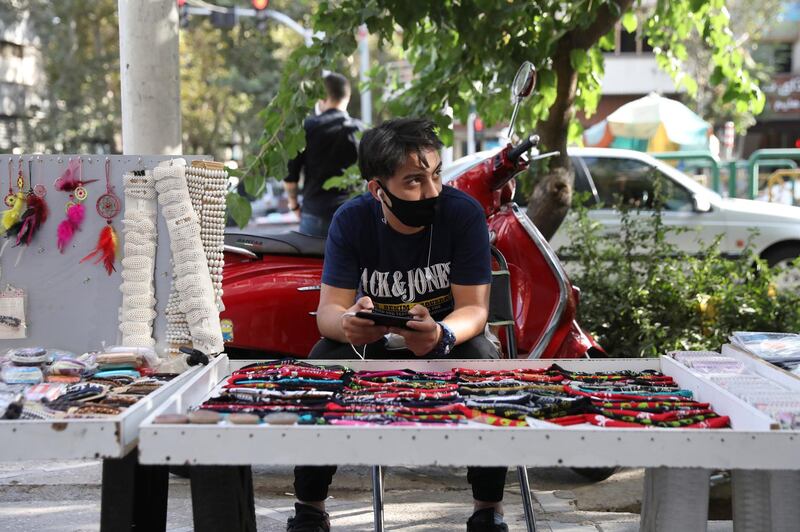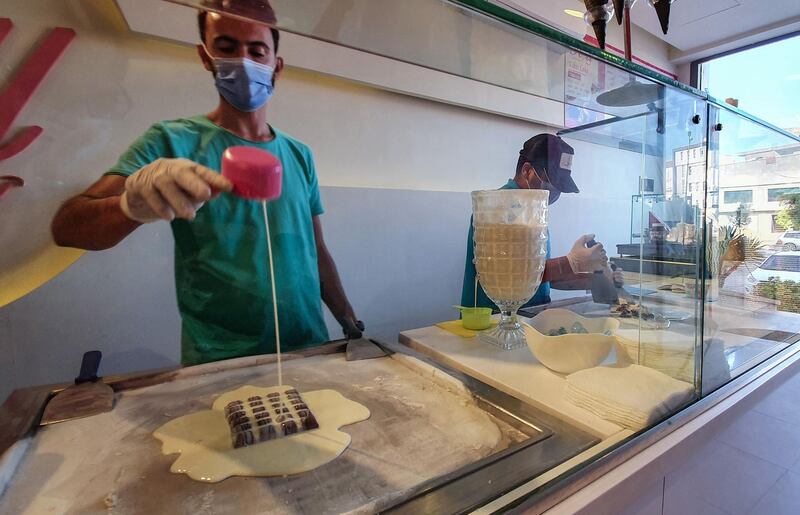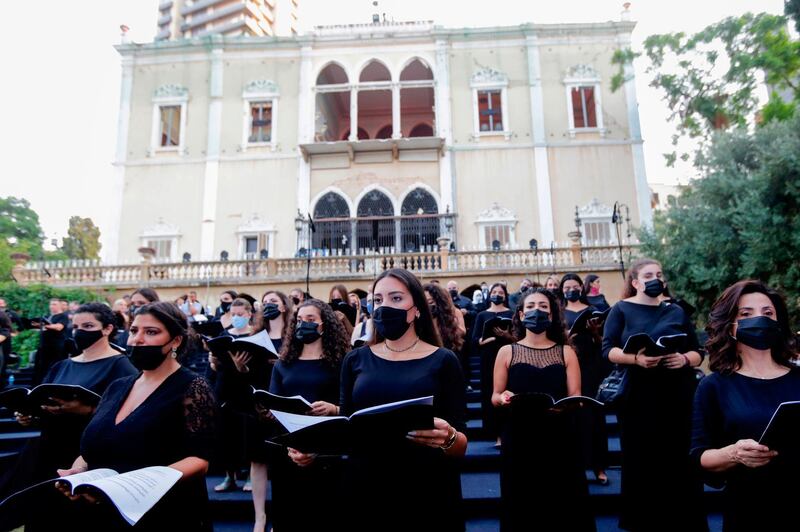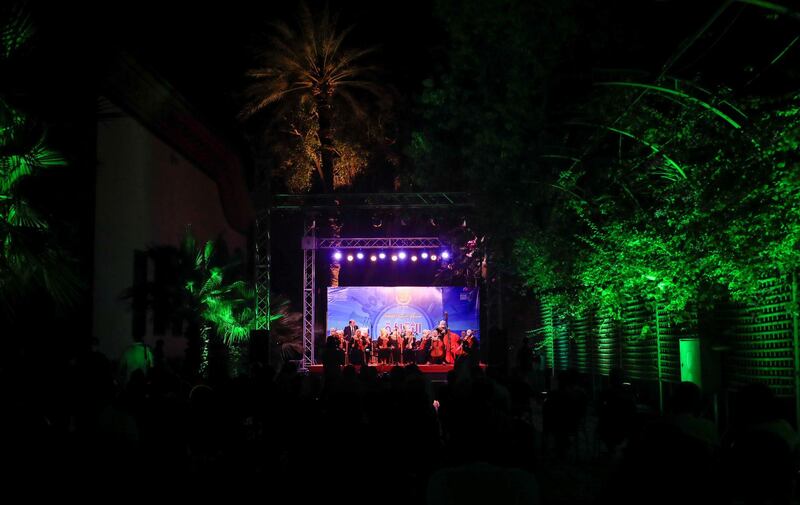Sixty-four high-income countries have joined the Covax Facility, a global initiative that brings together governments and makers to ensure Covid-19 vaccines reach those in greatest need.
The figure includes all 27 EU member states, Norway and Iceland, on whose behalf the European Commission will procure doses, and 35 other countries.
They will be joined by 92 low and middle-income economies eligible for support for the procurement of vaccines through Gavi Covax Advance Market Commitment financing instrument.
This means 156 economies, comprising about 64 per cent of the global population, are either committed to or eligible for the Covax plan, with more expected to follow.
Kuwait and Oman are among the Middle East countries to have joined.
Covax will now start signing formal agreements with vaccine makers and developers to secure the two billion doses needed to end the acute phase of the pandemic by the end of 2021.
This is in addition to continued efforts to raise funding for the research, development and procurement of vaccines for lower-income countries through the Gavi Covax commitment.
“Covax is now in business," said Dr Seth Berkley, chief executive of Gavi, the Vaccine Alliance.
"Governments from every continent have chosen to work together, not only to secure vaccines for their own populations but also to help ensure that vaccines are available to the most vulnerable everywhere.
“With the commitments we’re announcing today for the Covax Facility, as well as the historic partnership we are forging with industry, we now stand a far better chance of ending the acute phase of this pandemic once safe, effective vaccines become available.”
The Covax Facility is part of Covax, the vaccines part of the Access to Covid-19 Tools Accelerator, which is co-led by the Coalition for Epidemic Preparedness Innovations, Gavi, the Vaccine Alliance, and the World Health Organisation.
They are working in partnership with global vaccine makers, Unicef, the World Bank, civil organisations and others.
The distribution of vaccines will be guided by an allocation framework released today by WHO and will follow the "principle of fair and equitable access".
The WHO Strategic Advisory Group of Experts on Immunisation will guide policy on how to prioritise who receives the vaccination.
“Covid-19 is an unprecedented global crisis that demands an unprecedented global response,” said the WHO Director General, Dr Tedros Adhanom Ghebreyesus.
“Vaccine nationalism will only perpetuate the disease and prolong the global recovery.
"Working together through the Covax Facility is not charity. It’s in every country’s own best interests to control the pandemic and accelerate the global economic recovery.”
The Coalition for Epidemic Preparedness Innovations is leading Covax vaccine research and development work, which aims to develop at least three safe and effective vaccines, available to economies taking part in Covax.
It will also maintain a buffer of doses for emergency and humanitarian use. The organisation is supporting nine vaccines, eight of which are in clinical trials.
Governments, vaccine makers and other organisations and people have committed $1.4 billion (Dh5.1bn) towards vaccine research and development so far.
But Gavi said another $700 million to $800m was urgently needed to continue to move the portfolio forward, in addition to $300m to fund the WHO’s Solidarity trial.
“Joining the Covax Facility was not a difficult decision,” said Sheikh Dr Basel Al Sabah, Kuwaiti Minister of Health.
"Not only will this give Kuwaiti citizens access to Covid-19 vaccines as they become available, it will also mean our friends and partners outside our borders also get access.
“We need a global solution to this global pandemic. We believe Covax is that solution.”
Dr Ahmed Al Saidi, Minister of Health of Oman, described it as a hugely important initiative that could offer a path out of the acute phase of the pandemic and a return to normality.
“I would urge every country that has not yet done so to sign up, for all our sakes," Dr Al Saidi said.
"It is far better for us to work together than apart.”
